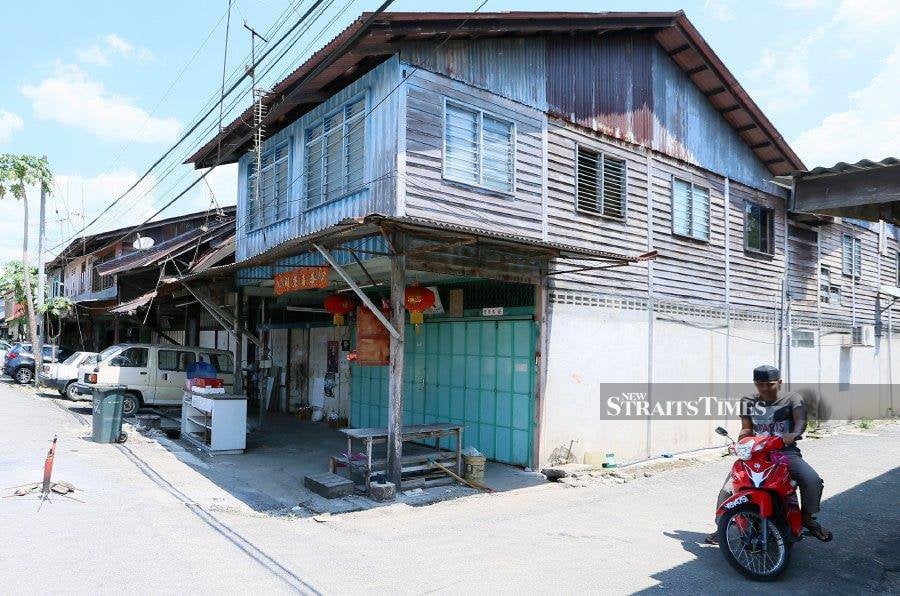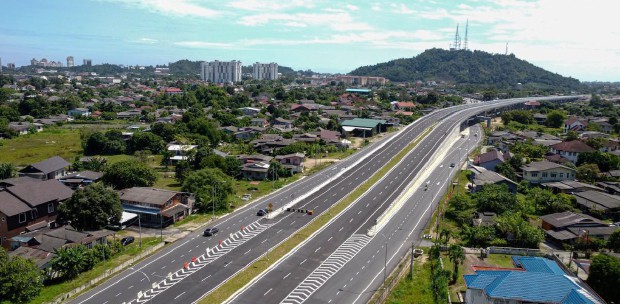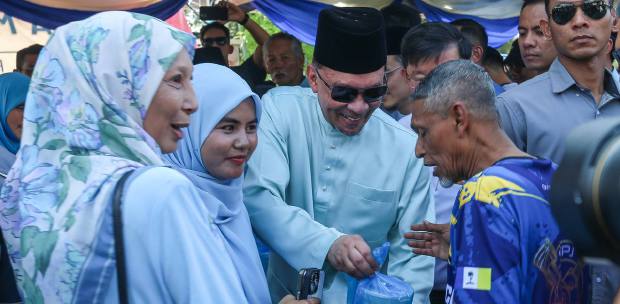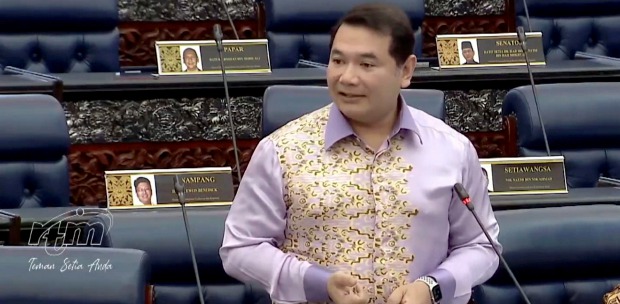A HUMAN rights-based economy departs from the conventional approach of leaving the economy to the market.
It is an economic model based on people's right to an adequate standard of living rather than profit maximisation. It seeks recipients' needs and holds the state responsible to fulfil these rights.
However, the politics of the Cold War that intensified in the 1960s and 70s had diverted human rights discourse into civil and political rights, and left economic rights as secondary. As a result, inequality among societies widened, and the global economy and development went astray.
A human rights-based approach takes a bigger view on poverty, the battle within, and how to engage in it.
This approach also differs from a needs-based approach, where it focuses on social structure, the rule of law, empowerment, structural change and mechanism for reprieve in the case of violation.
The approach appreciates and respects recipients' dignity and individual autonomy, and is carried out in a manner that does not stigmatise people.
The dignity, aspirations and ambitions of poor people can be hampered by external elements such as state policies, biased lending practices and a non-functioning state social delivery system.
This article discusses why we must move to a human rights-based approach economy and proposes two ways to reduce inequality of development.
Development has been heavily concentrated in Kuala Lumpur and Selangor, which contribute close to 40 per cent to gross national product compared with 25 per cent from Kelantan, Kedah, Pahang, Sabah and Sarawak.
The median and mean monthly household income in Kuala Lumpur in 2020 is RM9,093 and RM11,728, respectively, way higher than the national level at RM5,209 and RM7,089, respectively. To illustrate the extent of income inequality in the country, Kelantan's median and mean household income is only RM3,010 and RM4,411, respectively.
The incidence of absolute poverty has also increased, and in 2020 it is estimated at 8.4 per cent. While Kuala Lumpur and Selangor recorded 0.4 per cent and 1.7 per cent of absolute poverty incidence, respectively, the other end of the table shows a rather bleak picture.
Sabah has the highest incidence at 25.3 per cent, and followed by Kelantan at 21.2 per cent. The human rights-based approach would advocate an equitable allocation to ensure equal opportunities for all.
It is not necessarily who contributes more deserves more, instead who is most deserving deserves more.
Reducing inequality requires inclusivity and a unified mentality. Decades of inequality are rooted at various levels of society, between states and districts, irrespective of race, ethnicity, religion, sex, age, disability, origin or other status.
Often, development is influenced by how well beneficiaries are connected to economic resources.
The basis should be the right of people to enjoy the same treatment. Economic resources should not be made available only to those who have access to power while the powerless are neglected.
Economic discrimination due to political differences has hampered equal development throughout the nation. The practice of development for political expedience denies economic and development rights for some and contravenes the "leave no one behind" pledge.
Therefore, the human rights-based approach fights for universal access to education, water, healthcare, infrastructures, physical and digital connectivity and other economic and social rights.
Debates in Parliament on annual development estimates showed a certain degree of weaknesses, whereby parliamentarians had to "fight" to secure small allocations for their constituency.
The human rights-based approach, on the other hand, should identify needs and rightfully disburse the allocation.
The Shared Prosperity Vision 2030 launched in 2019 has acknowledged Malaysia's disparity and inequality of development.
The 12th Malaysia Plan 2021-2025 includes strategies to eliminate inequalities by focusing on multiplying growth of less developed states and transforming the approach to eradicate hardcore poverty.
Malaysia should reinforce its human rights commitment by adopting this approach, having recently been elected a United Nations Human Rights Council member.
The writer is a parliamentary research officer





